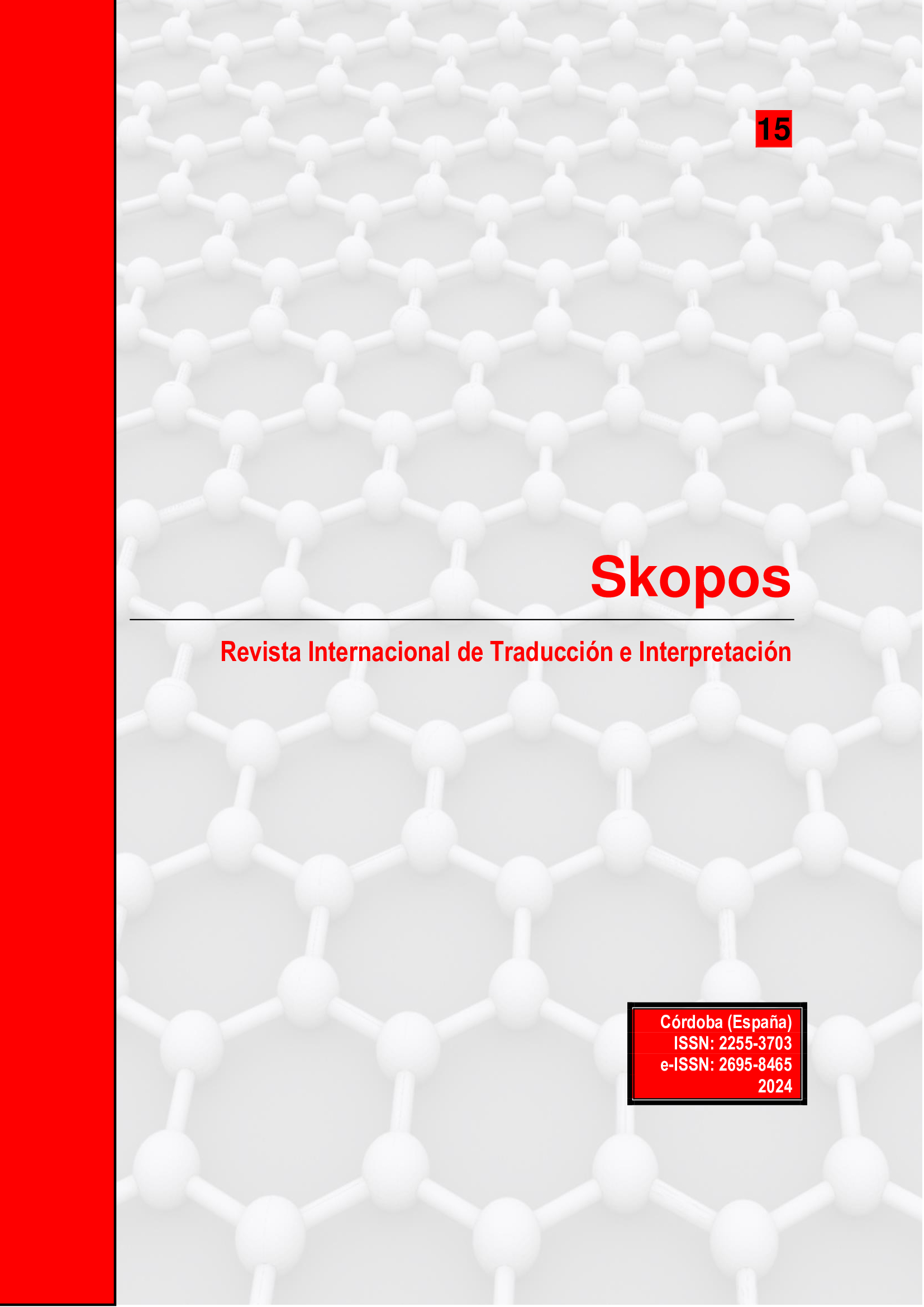TICs en la enseñanza del idioma inglés en Educación Superior en tiempos de pandemia COVID 19
ITCs in English Language Teaching among Higher Education Studentes during the COVID 19 Pandemic
Resumen
Resumen: Este estudio se centra en explorar el impacto de las tecnologías de la información y la comunicación (TICs) en el rendimiento académico y el aprendizaje del idioma inglés en estudiantes universitarios durante la pandemia de COVID-19. Se examinan las oportunidades y desafíos que enfrentan los estudiantes en Instituciones de Educación Superior (IES) en la zona 4 de Ecuador. El enfoque de esta investigación se dirige hacia los recursos tecnológicos disponibles, que abarcan desde sistemas informáticos, Internet, aplicaciones móviles y sitios web, hasta centros de aprendizaje de idiomas y plataformas como Zoom, Cisco Webex, Moodle, Google Meet, entre otras. Se examina el uso de estas herramientas durante la pandemia de COVID-19, destacando cómo han contribuido a facilitar la labor de docentes y estudiantes en el entorno educativo. El objetivo principal es evaluar el nivel de conocimiento sobre las TICs para mejorar tanto la enseñanza como el autoaprendizaje del inglés. A través de encuestas realizadas a 384 estudiantes de diversas universidades de Manabí utilizando Google Forms, se identificaron las fortalezas y debilidades en el uso de las TICs. Este análisis se llevó a cabo mediante un enfoque analítico-descriptivo y análisis cuantitativo de los datos recopilados a través de cuestionarios cerrados tipo Likert. Los resultados resaltan la importancia de utilizar eficazmente las TICs en la enseñanza universitaria para promover el autoaprendizaje del inglés y abordar la brecha digital en áreas rurales de Manabí. Este enfoque contribuye a mejorar la calidad y equidad educativa en la región.
Palabras clave: TICs, educación superior, inglés, enseñanza, autoaprendizaje.
Descargas
Publicado
Cómo citar
Número
Sección
Licencia
Política propuesta para revistas que ofrecen acceso abierto. Aquellos autores/as que tengan publicaciones con esta revista, aceptan los términos siguientes:
- Los autores/as conservarán sus derechos de autor y garantizarán a la revista el derecho de primera publicación de su obra, el cuál estará simultáneamente sujeto a la Licencia de reconocimiento de Creative Commons que permite a terceros compartir la obra siempre que se indique su autor y su primera publicación esta revista.
- Los autores/as podrán adoptar otros acuerdos de licencia no exclusiva de distribución de la versión de la obra publicada (p. ej.: depositarla en un archivo telemático institucional o publicarla en un volumen monográfico) siempre que se indique la publicación inicial en esta revista.
- Se permite y recomienda a los autores/as difundir su obra a través de Internet (p. ej.: en archivos telemáticos institucionales o en su página web) antes y durante el proceso de envío, lo cual puede producir intercambios interesantes y aumentar las citas de la obra publicada. (Véase El efecto del acceso abierto).






